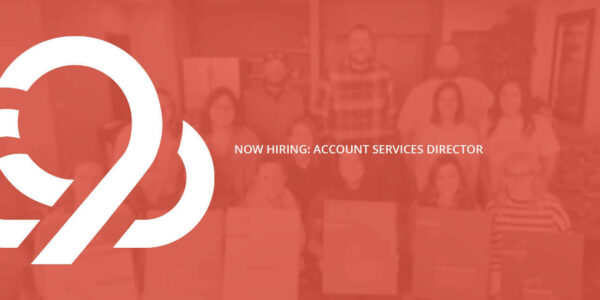
What Are You Watching…And Who’s Watching You This Summer?
There are two things that are constantly on my mind this summer: Big Brother and network neutrality.
Let me tell you what they have in common, what it has to do, and why you should be thinking about net neutrality, too.
What Does Big Brother Have to Do with Net Neutrality?
We’re just a couple weeks into what is already one of the zaniest seasons of the television show Big Brother. Paul’s back as a lovable antagonist mastermind; Cody is the worst, but his days are numbered; it’s a shame about Christmas. . . .
Have you been following along? If not, good for you. Seriously.
If you, somehow, don’t know what the show is, here’s the description on the CBS site:
BIG BROTHER follows a group of people living together in a house outfitted with dozens of high-definition cameras and microphones recording their every move, 24 hours a day. Each week, the Houseguests will vote someone out of the house. At the end, the last remaining Houseguest will receive the grand prize of $500,000.
When I admit to watching this show, I’m almost always met with the same two questions:
- “You actually watch that?” (I really do — and I drag my family into it.)
- “Who would be willing to be on that show?” (I may have considered it.)
There are a lot of different reasons people trade their privacy for the chance at half a million dollars. Some are voyeurs; others are looking for celebrity. Some are even just taking a (horrible) paid vacation or looking for a “showmance.”
Whatever their motive is, they all have one thing in common: they’ve opted in explicitly. They’ve chosen to forfeit their privacy for a chance to play the game.
Unless you’re reading the pencil-on-paper first draft of this, you’re online — and whether you know it or not, you’ve made a similar agreement. Every moment you spend online, you’re being watched.
I’m not saying this to scare you off the Internet. I just think everyone should know what they’re getting into.
Let’s Meet the Houseguests
Just like the Big Brother Houseguests, you’ve filled out your profile.
How many companies know your name, age, birthday, and first pet’s name? How many bio blurbs of yours are floating around out there? How many privacy policies have you just clicked “agree” without reading? All of them, right?
Every website you sign up for is tracking your every move while you’re on its site.
And thanks to the prevalence of Google Analytics and the Facebook Pixel, the tracking doesn’t end there. Each jump, from page to page and site to site, can be tracked. Major advertising platforms like Facebook and Google are nearly omniscient online.
This data is used to build your profile. Your likes, your dislikes, what times you’re active, and when you’re asleep. If you’re using a smartphone, they know where you shop, eat, and hang out.
This data is then used to allow advertisers (like us) to target people very closely, serving ads that appeal to the individual.
All this data is anonymized, but as far back as 2010, researchers found it was possible de-anonymize it. Analytical and predictive artificial intelligence has come a long way since then, so who knows what they can do now. . . .
“Don’t Talk About Production”
Back to our Big Brother Houseguests. Before going into the house, they agreed to a list of rules dictating what they can and cannot say and do. They haven’t just given up their privacy; they’ve also given up control.
If you tune into the available 24/7 live feeds, what you see is much different from the highly produced television show. They’re lazy, bored, and restricted in how they can spend their ample excessive downtime.
If they sing a copyrighted song that can’t be broadcast, a booming voice fills the house: “Stop singing.” If they complain about the voice, or say anything that could allude to how the show is run: “Don’t talk about production.”
Don’t Give Up Your Control Online
We may have agreed to give up some of our privacy to be online, but it’s important we don’t give up control over our experience, too.
Today, the free Internet is in jeopardy.
The major Internet service providers (ISPs) and some of their cohorts at the Federal Communications Commission (FCC) are pushing to roll back fundamental net neutrality laws.
Soon, we could find ourselves taking stage directions from our ISPs. They could have legal power to control what you have access to online, prioritizing higher-paying media sources over those who won’t pay to play, even blocking web content entirely at their discretion.
I’m sure you saw the pop-ups on July 12. There was a massive, worldwide protest to protect net neutrality.
If you didn’t participate, it’s not too late to help. Learn more about net neutrality and why it’s so important for all of us.
Then, contact the FCC and tell them that you believe that Internet service providers should enable access to all content and applications, regardless of the source, and without favoring or blocking particular products or websites.
You’re not getting paid $500,000 to be told how to use the Internet . . . but if the ISPs get their way, you’ll be the one paying for it.
Take Action — Help Save the Open Internet




![Human vs AI A/B Test [Spoiler Alert: Humans Win!]](https://9clouds.com/wp-content/uploads/2024/02/Volvo-dealership-1-600x388.png)


